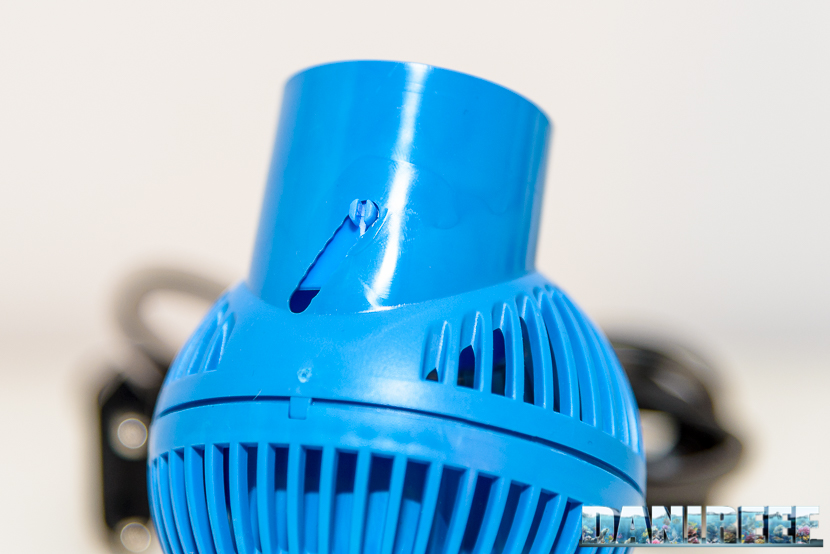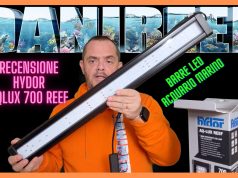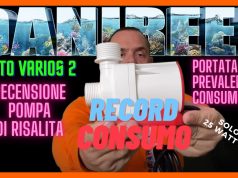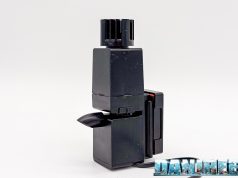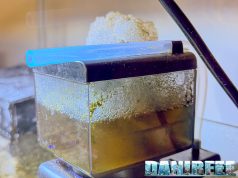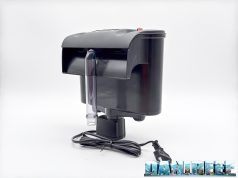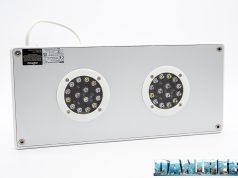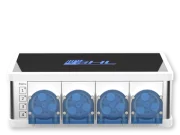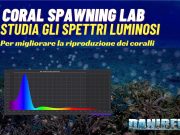Tunze has launched the Blue Edition of one of its best sellers, the Tunze Turbelle 6045 (qui la recensione in italiano).
Tunze Turbelle 6045 pump has a fixed flow rate of 4500 litres per hour with just 7 watt of power consumption.
On DaniReef we never had the chance of reviewing this product even though we used it in the past, we actually focused on its bigger sibling 6095 (Tunze Turbelle Nano Stream 6095, In Depth Review), but today in occasion of their 10th birthday we want to spend a few words on these little pumps.
Tunze has launched the Blue Edition for its 6045 pump’s 10th anniversary of commerce, but obviously our review is applied to both versions black and blue. The blue color can seem strange as we are not really used to see colored pumps in our tank. It’s a very particular choice.
Technical Features of Tunze Turbelle 6045 Blue Edition
| European Version 230 V – 50 Hz |
American Version 120 V – 60 Hz |
|
| Flow Rate: | 4.500 l/h | 1175 gph |
| Consumption: | 7 watt | 7 watt |
| Cable lenght: | 2 m | 8,7 ft |
| Price: | 71,50 € | 78,02 USD |
Their efficiency is very good: 643 litres per watt. Let’s compare it with other high efficiency pumps: the Rossmont Mover MX15200 has a 608 l/w efficiency (Rossmont Italy Mover M 15200: In Depth Review) the smaller Rossmont Mover M 5800 (Rossmont Italy Mover M 5800: In Depth Review) has 580 l/w being just slightly lower than the Sicce Voyager nano 2000 (Sicce Voyager Nano 1000 & 2000 – perfect per minireef and fresh water – In Depth Review) with 667 litres per watt efficiency, or the Tunze NanoStream 6125 with an efficiency of 545 litres per watt.
We can consider this efficiency from an economic point of view, as the pump is sold at 71,50 euros, we can consider an efficiency of 63 litres per euro spent, against the 68 litres per euro of the Rossmont Mover M 5800 (today priced at 84,90 euro), the 109 litres per euro of the big Rossmont Mover MX 15200, the 54,43 of Sicce Voyager Nano 200 and the 71 litres per euro of the bigger 6125.
Obviously you will be able to find this pump at lower prices depending on where you buy them, getting a better economic efficiency as a consequence.
The pump is sold together with the protective grid and the magnet in a simple but complete package.
Blue or black doesn’t matter, a pair of Tunze Turbelle 6045 is sufficient for a 200 liters SPS tank if they are used in an alternate mode. This way we obtain a water flow of 20 times the total tank volume, as effectively only one pump at the time is functioning.
I used this little pump in my aquarium to push water behind the live rocks, together with two Tunze Turbelle NanoStream 6095.
Tunze Turbelle 6045 has been functioning for about 2 months during which it was never turned off. I consider this period long enough to be able to find any hidden functioning faults, also because I never cleaned it! We like to mistreat the pumps just to see how far they can go.
I think that an alternate functioning with frequent pulses on a hourly basis could lead the pumps to become faulty quite soon. But with two cycles per day, simulating tides, these pumps should work well for a very long time.
In any case, switching on and off the pumps every hour would be rather annoying, and I wouldn’t recommend it. If you are in need of a pulse mode I would recommend you buy the more expensive but also better performing electronic pumps.
The outer body is spheric and can be oriented in any positions thanks to the special rotating hook. The opening through which the water comes out only has two thin frames that don’t seem to disturb the water flow. Here you can mount the protective grid which we highly recommend if used in alternate function, it could only slightly lower the flow.
The mechanical flow regulator
Tunze Turbelle 6045 Blue Edition has a mechanical regulator for the water flow, which Tunze says it can lower the flow to a minimum of 1500 litres/hour for a 5 watt consumption.
This switch acts on a cylinder with a diameter of 1 cm which regulates the water passage and blocks it when the switch is pushed backward, lowering the amount of water going through the impeller and therefore the flow.
We cannot actually tell if the flow truly changes from 1500 to 4500 liters, but we can observe that there definitely is a considerable difference.










